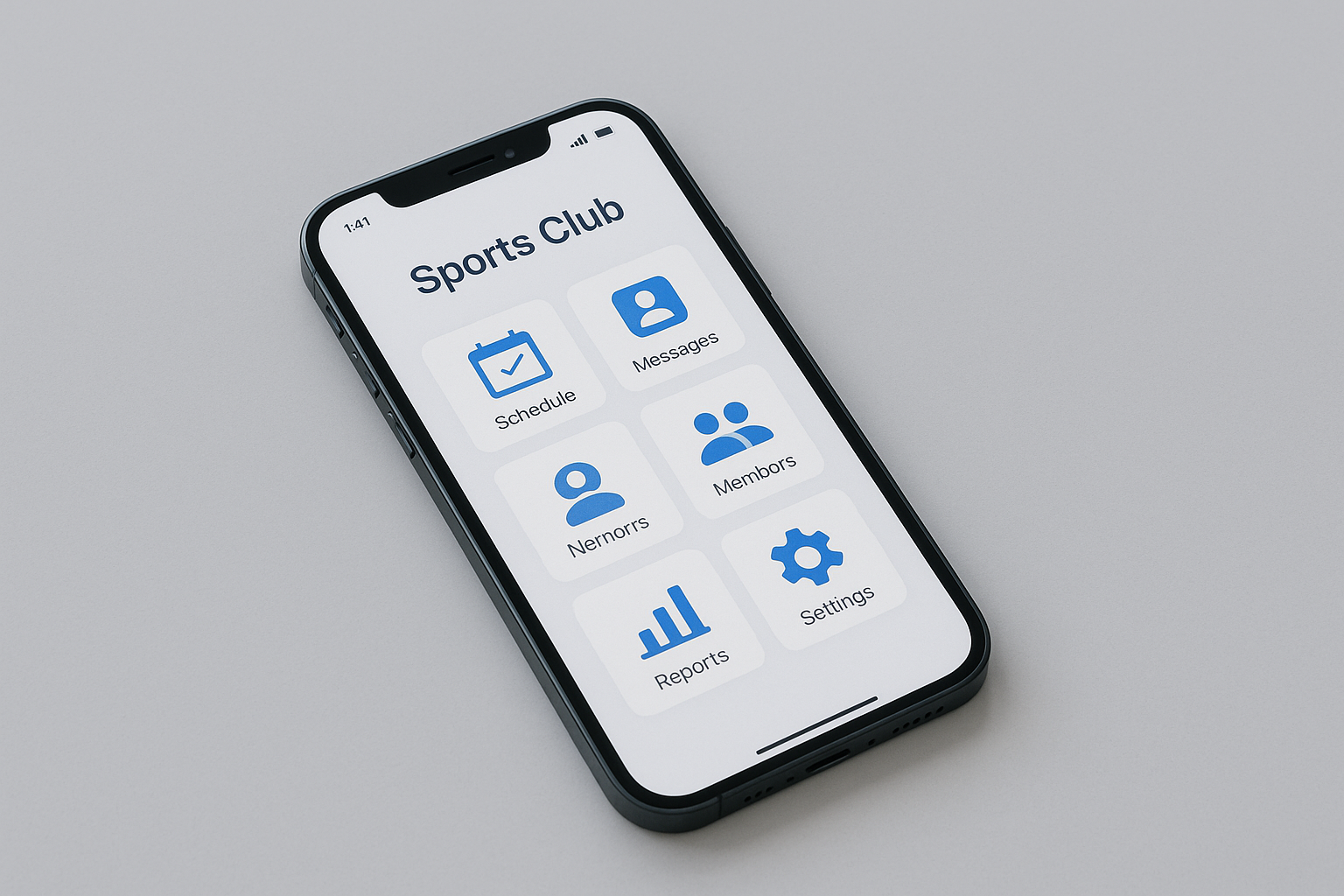For many years, lotteries have provided an interesting way of trying luck for a chance to become an instant millionaire. Be that as it may, given that these games are so widely loved, one also runs the risk of being involved in a lottery fraud. Today, there is a higher number of fraudulent schemes aimed at lottery players which are becoming even more complex.
Common Types of Lottery Scams
Winning Notification Scams
Email fraud is one of the popular lottery scams where a person gets an email that they have won a huge sum of money. These types of fraudsters can contact the victim by calling or messaging through mobile phones or emails, telling them that they have been declared winners in some lottery for which they never applied. In order to receive your prize, you will be required to make a payment or provide some of your personal details e. g. bank account number. Remember, legitimate lotteries never ask for money upfront.
Fake Lottery Websites
Fake lottery websites resembling the authentic ones are a common creation of online fraudsters. The websites may seem authentic, and they could even have some false winning numbers on display. In case you make the mistake of giving out your personal information on such sites or paying for tickets, then be prepared to lose your money as well as risk identity theft. Make sure to buy tickets or put in information only when you are sure that you are using the right website.
Phishing Scams
Phishing involves scammers sending fake communications that look like they’re from a legitimate lottery organization. These emails or messages often include a link asking you to verify your “winning” status by entering sensitive information. These phishing attempts may also install malware on your device. Never click on suspicious links or attachments, and always verify any claims through official channels.
How to Avoid Lottery Scams
Use Trusted Websites
Make sure that you only buy your lottery tickets from the accredited and safe online platforms or vendors like Lucky Numbers betting. Do not purchase tickets from third-party sellers, especially ones who give discounts or promise certain winning.
Don’t Pay Upfront Fees
If you are told to settle some charges or tax first before claiming your prize, then you should know that you are dealing with some lottery scammers. It is not logical that a real winner should first make payment prior to receiving their prize.

Asking for money under such circumstances is a trick, without a doubt.
Verify the Source
Always ensure you confirm the source of every lottery win notification before replying. In case you receive a message from a lottery organization, make sure to call them through the appropriate channel so that you can establish whether or not the message is true and genuine.
Look for Red Flags
If you get lottery messages that have some urgency and which state that you have to act immediately to claim your prize, then you should be very cautious about that. If a lottery notification is from an organization that does not appear related to any of your entries or one that is full of typographical errors, be skeptical.
Protect Your Personal Information
Do not give out your Social Security number, credit card information, or bank account details with people who say they are calling from a lottery agency unless you’re 100% certain the request is legitimate. Identity thieves usually target such kind of confidential data which scammers ask for.
What to Do If You Suspect a Scam
Should you think that you have been involved in a lottery fraud, then let the necessary authorities or your local consumer protection agency know about it as soon as possible.

The Federal Trade Commission (FTC) or the lottery commission within your state are some of the places where you can report such issues. If you have given out some money or personal details, calling in your bank or credit card provider may help protect your accounts.
Summary
Although winning a lottery is very exciting, one should not drop the guard against fraudsters. It is possible to have fun and play the lottery while still being safe if a person is able to identify some important cues and follow certain safety tips. One important point to remember – nothing comes for free!








